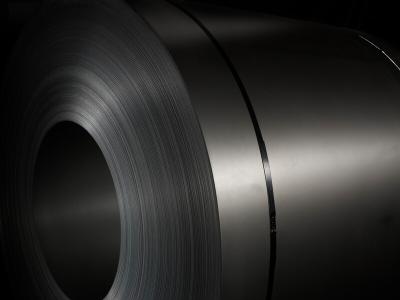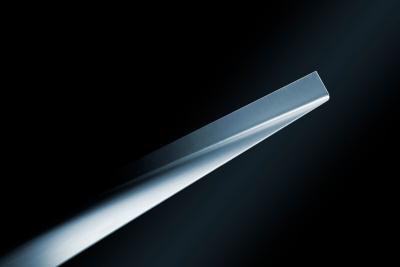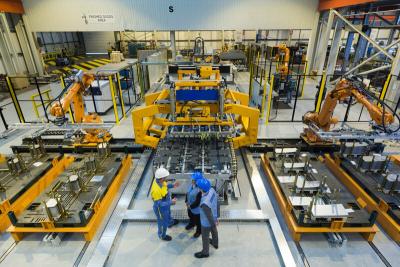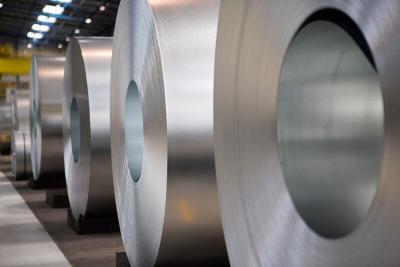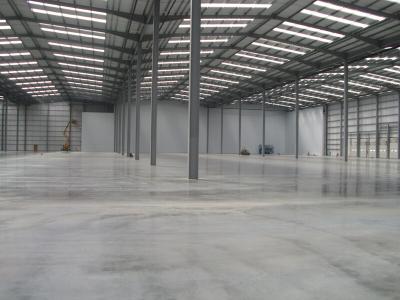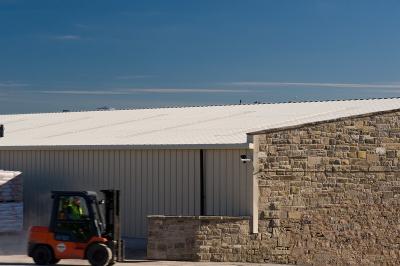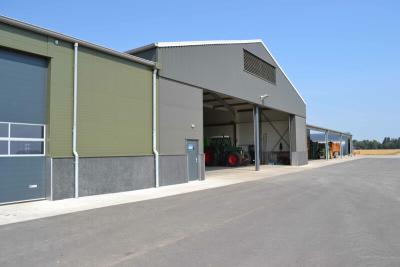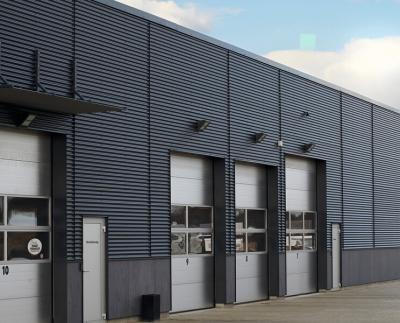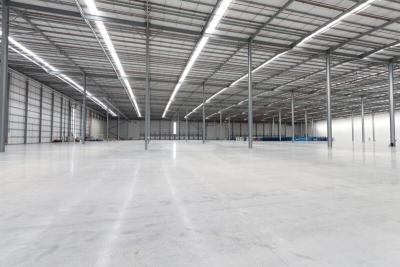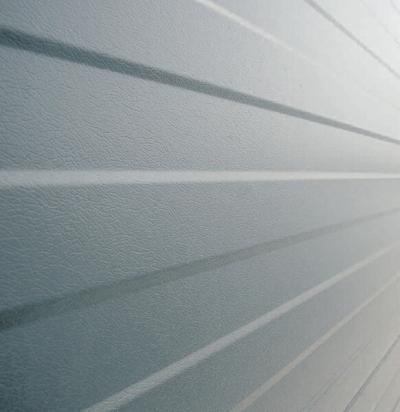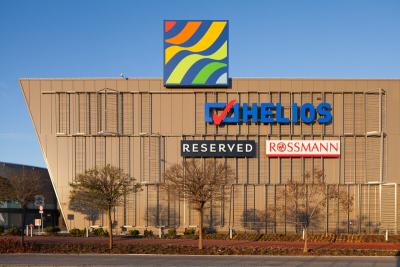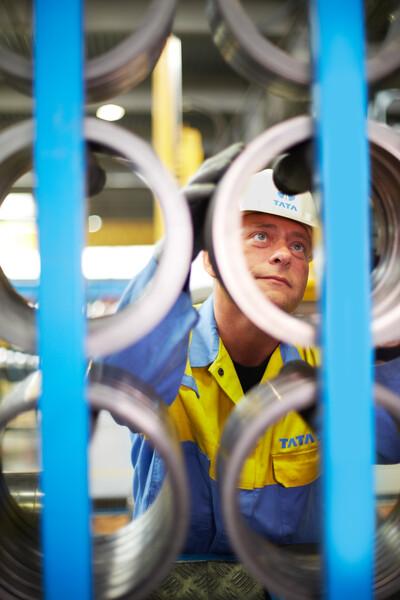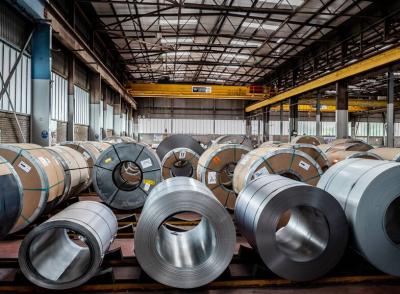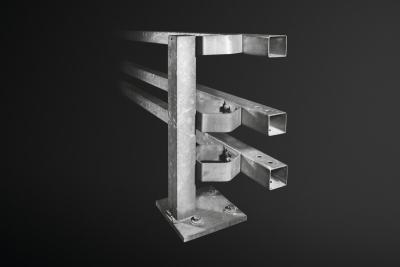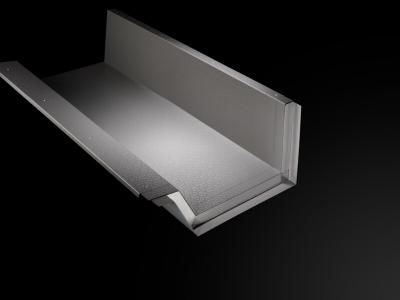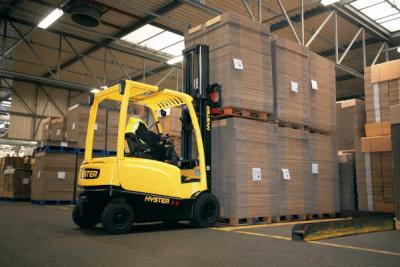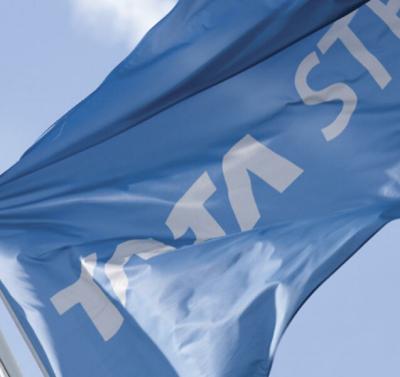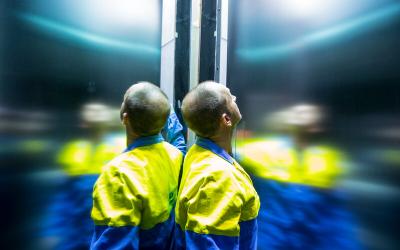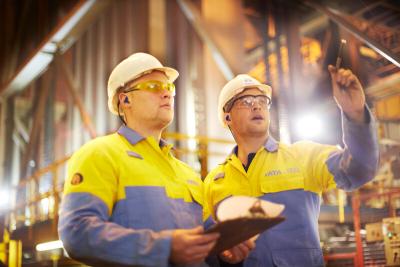Tata Steel is investing a further £4.5-million in its South Yorkshire operations to improve plant reliability and energy efficiency, reduce CO2 emissions and boost production of high-value steel products. The amount of energy saved – 19,000 mega watt hours (MWh) – would power 4,000 homes.
The company is investing in four separate improvement projects at its Rotherham and Stocksbridge sites:
· £1 million in new quality inspection equipment at Thrybergh Bar Mill, Rotherham
· £2 million to enhance fume extraction at Rotherham steelmaking plant
· £0.5 million to improve steelmaking in Rotherham
· £1 million to upgrade a re-heating furnace in Stocksbridge
Mark Broxholme, managing director of Tata Steel’s speciality steels business, said: “These investments will not only improve the energy efficiency and reliability of our operations in South Yorkshire, they will also reduce our impact on the environment and boost production of some of our high-value products for the automotive industry.
“In the last year Tata Steel has invested more than £20 million in South Yorkshire. This is a huge indication of the company’s confidence in our ability to produce some of the most technically demanding and safety-critical products our customers require.
“As an energy-intensive manufacturer, we’re continually exploring new ways to reduce energy consumption wherever possible, and to minimise our impact on the environment. These latest investments will significantly reduce our energy bills, reduce carbon dioxide emissions by 7,000 tonnes a year and help us to become a more efficient and profitable business.”
At the company’s Thrybergh Bar Mill a £1 million investment in state-of-the-art surface inspection equipment will improve product quality in some of the most safety-critical products in its range, including steels used in gears, steering and braking systems on cars.
The investment will not result in increased overall production at the mill but will enable Tata Steel to make more of the technically demanding and safety-critical products for the automotive industry.
In Rotherham a £2 million investment in new equipment for the steelmaking area’s fume extraction system will reduce electricity usage by more than 9,000 MWh every year. By enhancing the system with new controls and motors the company will save more than £0.6 million a year in energy bills and reduce indirect CO2 emissions by nearly 5,000 tonnes a year.
An investment of more than £0.5 million in the Rotherham site’s small bloom caster, which moulds liquid steel into a solid form, will improve the reliability of the caster and minimise breakdowns, leading to a more efficient operation throughout the business.
In Stocksbridge the company is investing a further £1 million to upgrade the second of its ingot re-heating furnaces to improve energy efficiency, following a similar investment in the first furnace earlier this year. This part of the investment will lead to a reduction in gas consumption of more than 10,000 MWh every year, reducing CO2 emissions by 2,000 tonnes and saving the company £250,000 a year. By introducing a more consistent and reliable heating system on the furnace, the quality of the steel will also improve.
Tata Steel produces steel at its Aldwarke-based steelworks in Rotherham. The steel then undergoes further processing and refining at the company’s Stockbridge plant or the Thrybergh Bar Mill in Rotherham. The company employs more than 2,000 people in South Yorkshire, including at its technology centre in Rotherham.
-ends-
For further information, call Bob Jones on Tel. +44 (0)207 717 4532 or email bob.jones@tatasteel.com.
About Tata Steel in Europe
The European operations of Tata Steel (formerly known as Corus) comprise Europe's second largest steel producer. With main steelmaking operations in the UK and the Netherlands, they supply steel and related services to the construction, automotive, packaging, lifting & excavating, energy & power, and other demanding markets worldwide.
Tata Steel is one of the world’s top ten steel producers. The combined group has an aggregate crude steel capacity of more than 28 million tonnes and approximately 80,000 employees across four continents.








